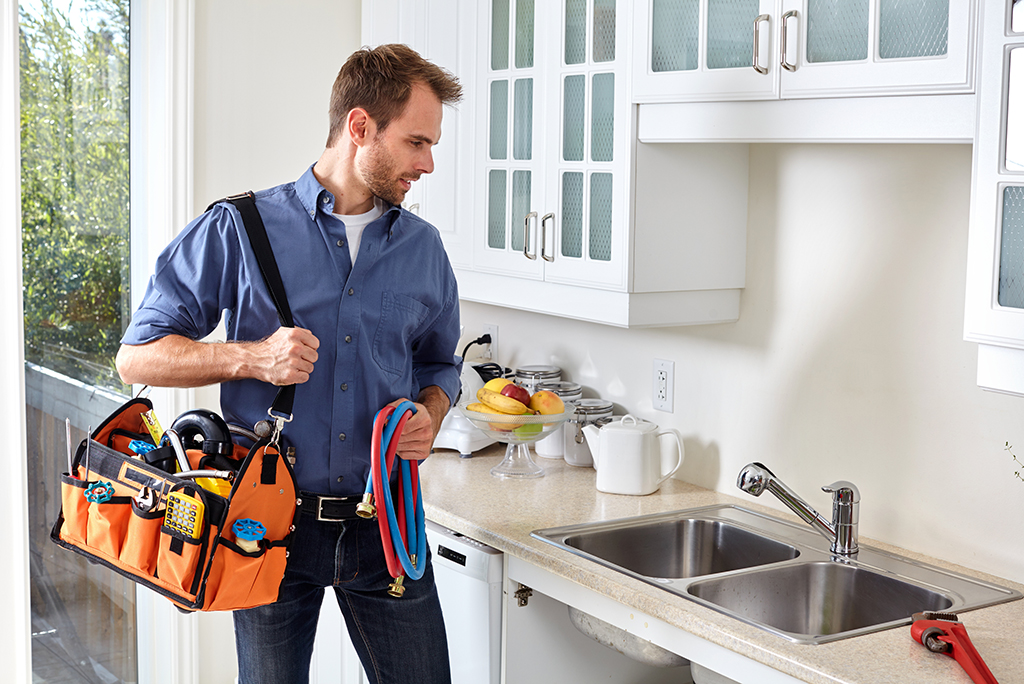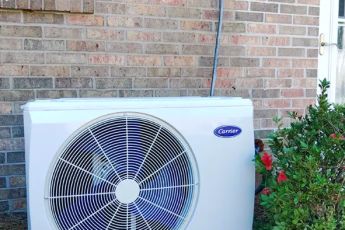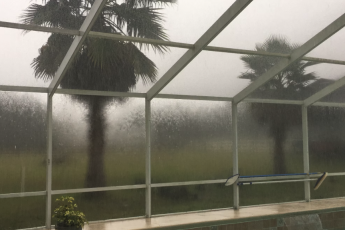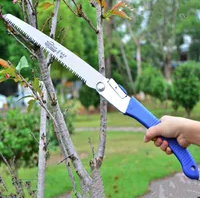11 Tips to Prepare Your Home For Winter
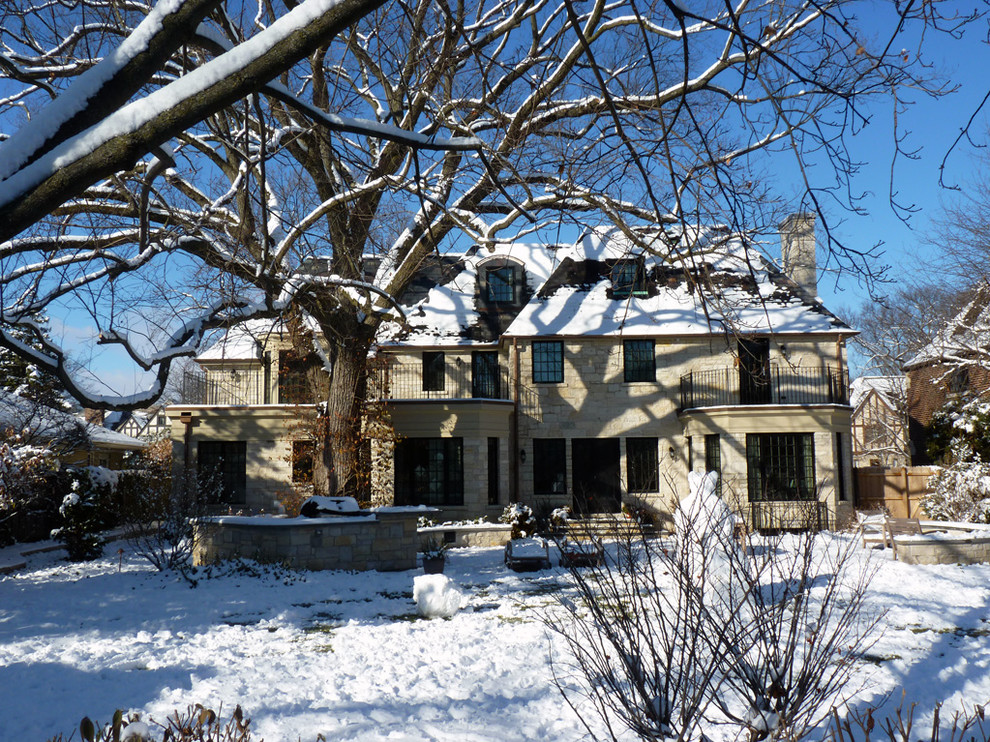
Winter comes round every single year, yet so many homeowners fail to adequately prepare for the cold season. If you’re not careful, a particularly chilly winter can have devastating effects on your home, from burst pipes and black mold to slippery driveways and damaged vehicles.

To make sure you, and your house, get through the next winter in one piece, here are some top tips to prepare your home for the cold.
Plan ahead
It’s no use waiting until the temperature drops to start fighting the effects of the cold. By this point it might be too late. Make sure you start planning ahead for the coming winter months in advance. There’s no reason you can’t stock up on winter essentials in the middle of July.
Being proactive will allow you to deal with any issues as soon as they arise and prevent them from getting any worse. You’ll be able to keep your home warmer and in peak condition until spring rolls around.
Prepare for snow and ice
When temperatures plummet, it can be difficult to leave the house. You don’t want to be late for work or miss an important appointment because you’re snowed in. Be prepared for your driveway to be covered in ice or snow, and stock up with the equipment you need to deal with it and carry on with daily life.
A snow shovel can be invaluable for clearing your driveway and allowing access in and out. If you have a large home, a more substantial piece of kit like a snow blower will be a better idea. If ice is the issue, you don’t want your family slipping and sliding all over the place. A big bag of de-icing salt will reduce the risk of injury and make surfaces safe to walk on.
Service your boiler
Once you start putting the heating on, your boiler is going to be working overtime. Booking it in for a service will ensure it is working effectively and efficiently. An inefficient boiler won’t heat your home properly, and it will also cost you more money than it should.
Bleed your radiators
The same applies to the radiators throughout your home. Taking the time to bleed each one will maximize their heat efficiency and save you money on your utility bills. This process is quick and easy, and best to do in advance while the weather is still comfortable.
Insulate your home
If you are worried about being cold this winter, or want to save money on heating bills in the long term, insulation is a great idea. Around a quarter of your home’s heat escapes through the roof, but insulating your loft will trap this warmth and circulate it through your house. Although insulation can be a costly investment initially, it will last for decades and pay for itself many times over.
Wrap up your pipes
One of the biggest risks to your home caused by freezing temperatures is damage to pipes. When water freezes, it turns to ice which can expand and crack the metal. Insulating tubing can be bought cheaply from any hardware store, and is the easiest way to prevent your pipes being compromised. You simply wrap any exposed pipes in this tubing, particularly those taking hot water from your boiler, and this will minimize heat loss and freezing.
Draught-proof doors and windows
If there are any cracks around your windows or underneath doors, cold air will find its way into your home. Purchasing a draught excluder for door frames is a great affordable way to trap in warmth. You just place it at the bottom of your entryway to plug the gap and reduce air flow. The same effect can be achieved with a bundle of towels or blankets. To seal up cracks around the windows, apply some caulk around the edges and you’ll notice the improvement come winter.
Keep your roof in good condition
When was the last time you took a look at your roof? If you’re like most homeowners, you probably don’t pay much attention to it. But any cracks or missing roof tiles can lead to serious damage. Cold air and rain can seep in, potentially leading to leaks and flooding. Repairing the damage will be extremely expensive, so get your roof checked and serviced while the weather is still good.
Put your heating on a timer
The cost of energy has been incredibly high for the last few years, so it’s understandable that you want to be careful with your usage. Having it on at full blast all day will quickly drain your bank balance. But turning on the heating for short periods each day will help to keep your pipes in good condition and warm your home effectively. An hour in the morning and an hour in the evening may be all you need. Set a timer so you don’t have to remember to switch it on and off all the time.
Beware of moisture
In winter, many homes face a risk of mold. Particularly if ventilation is poor. The difference in temperature between the cold outside and warm interior causes condensation to form on windows. With insufficient ventilation, this can lead to damp patches and mold.
A dehumidifier is a great way to reduce moisture in your home and minimize the risk of damp and mold. Wipe condensation from windows in the morning and turn on extractor fans when cooking or showering. Even though it’s cold, opening the windows for a short time each day can air out your home and reduce moisture.
Winter-proof your vehicle
The cold season is the time when cars break down. The engine can freeze up, or they slide on a patch of ice and cause an accident. Winter-proofing your vehicle is important for the safety of you and other road users. If necessary, change to winter tires and ensure you are topped up with antifreeze. Take your car for a service before winter arrives to ensure it is in good driving condition.
Follow these tips and you will be warm and safe when winter comes around!


